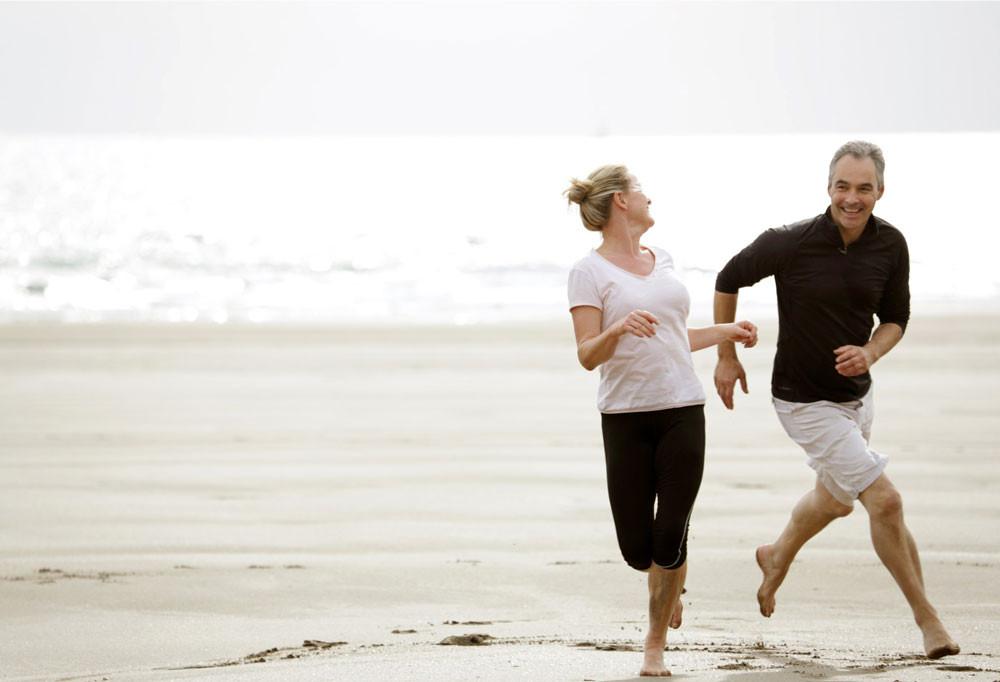What’s up (besides decorations and your blood sugar) for the holidays, folks?
I’m willing to bet a pile of sugar that your calendar is just full of parties, get-togethers and other food-and-drink activities during the holiday season. It’s wonderful to get to spend extra time with friends and family during the season, and there’s obviously nothing wrong with a few cookies every now and then.
However, I do have to burst your bubble and remind you that it’s pretty common to go a bit overboard during this festive time, and it can lead to more trouble than just having some stomach problems or running off a sugar high. In fact, one potential side effect of overindulging during the holidays is known as “holiday heart syndrome,” and this can be pretty serious in some situations.
As noted in the Arquivos Brasileiros de Cardiologia medical journal, the term “holiday heart syndrome” was first coined by cardiologist Philip Ettinger in a 1978 study, during which he studied 24 patients who regularly drank but also had a weekend or holiday binge right before the study began. In that study, he found many patients had an arrhythmia he linked to alcohol that cleared up once the alcohol was out of the person’s system.
Today, this term is used to described a specific type of irregular heartbeat–atrial fibrillation (AFib)–that seems to pop up specifically during the holiday time. Common signs of AFib include shortness of breath, being lightheaded, irregular or racing heartbeat, chest pain and fatigue. If not treated, this condition to can lead to other complications, including heart failure, stroke and blood clots.
The holiday connection comes in because AFib tends to appear during this time due to the alcoholic drinks, salty appetizers and other not-so-healthy foods people consume in a larger quality than usual. Studies have shown that even a moderate intake of alcohol can increase a person’s risk of AFib, and when you are overindulging, the risk climbs higher. In addition to drink and food, the holiday season can bring less sleep and stress, too, both of which may increase AFib risk.
To avoid holiday heart, manage your stress, stay active, drink plenty of water and avoid binging on unhealthy drinks and foods. This is easier said than done, but it’s certainly worth it. You can still have a cookie, folks – just steer clear of the urge to eat the whole tray!




